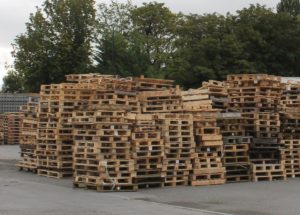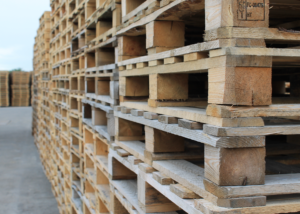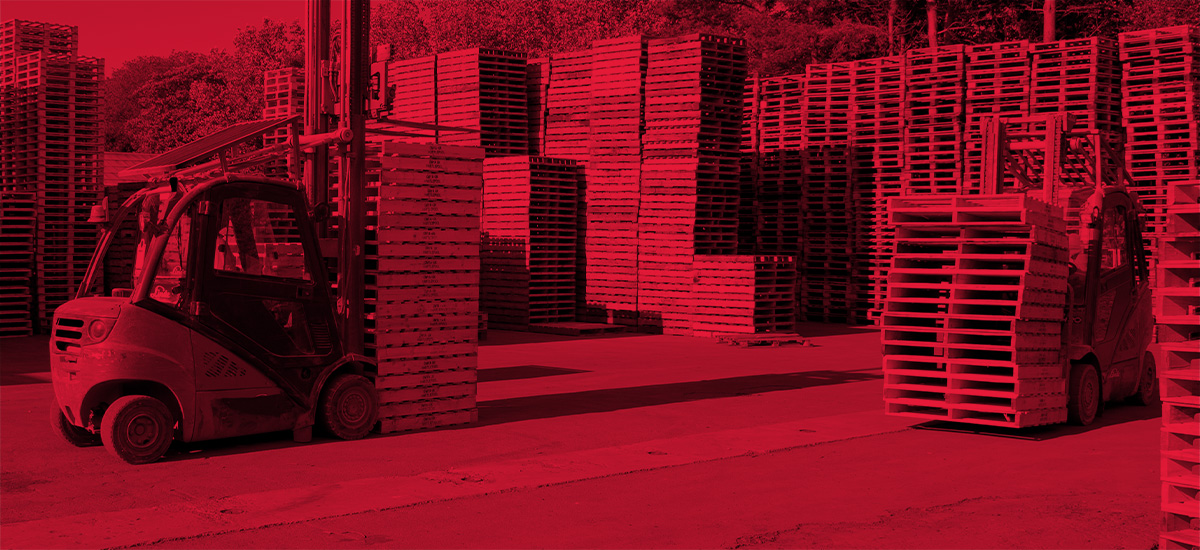Last month, Brussels played host to the 67th Annual Congress of leading European industrial association, FEFPEB.
The focus of the latest congress was to assess the potential impact of Brexit on the timber pallets and packaging industry, and the place of the wood trade within the circular economy. Below are the highlights of the congress and the key points for the reusable pallet industry.

Brexit
We thought we’d finally escaped the word, but Brexit has undoubtedly cause much uncertainty in the wider UK and EU economy.
While economic indicators have been relatively good, the pound still sank by around 15 per cent against other EU currencies, with immediate impacts on our economy. Import prices are on the rise and will take time to settle, but the competitive nature of the timber pallet and packaging market is likely to keep prices down in the short-term, so we have a little more time to prepare for future changes.

Markets
This year has seen a continuing trend of restructuring within the UK pallet manufacturing market.
There are still an estimated 300 pallet manufacturers in the UK, but two major new pallet manufacturers and a number of smaller enterprises have emerged, and more takeovers are expected to follow.
The great news for us however is that the market for second hand, repaired and reusable pallets has soared, riding on the backs of innovation and technological advances in the industry.
Pallet pools are also rising in demand, and have increased their share of the market in the past year. We find our pallet pooling systems to be an effective, environmentally friendly and socially responsible way for businesses to reduce both their carbon footprint and disposal costs.

The circular economy
The position of the wooden pallet and packaging trade in the circular economy was the main topic of debate at the congress. As opposed to the traditional linear economy of make, use and dispose, the circular economy aims to keep resources in use for as long as possible through reuse, repair and remanufacturing. The model is perfect for the wooden packaging industry, and particularly for RPS whose namesake is returnable packaging services.
The congress outlined the viability of wood as a renewable raw material, and the contribution that the reusable wooden pallet industry can make to the circular economy. The industry and CEI-Bois, the umbrella organisation of the European woodworking industries, are now working together to lobby the European Commission in favour of the wooden packaging industry.
The wooden pallet and packaging industry is constantly changing and developing, and at RPS we are committed to staying up-to-date with key issues. This allows us to adapt for changing economic and industrial climates and maintain our commitment to providing excellent service for our clients and protecting the environment.
What special insights did you take from the FEFPEB congress this year? Do you have any concerns for the future, or have you spotted any opportunities for development? Tweet us at @RPS_Limited and share the knowledge.







